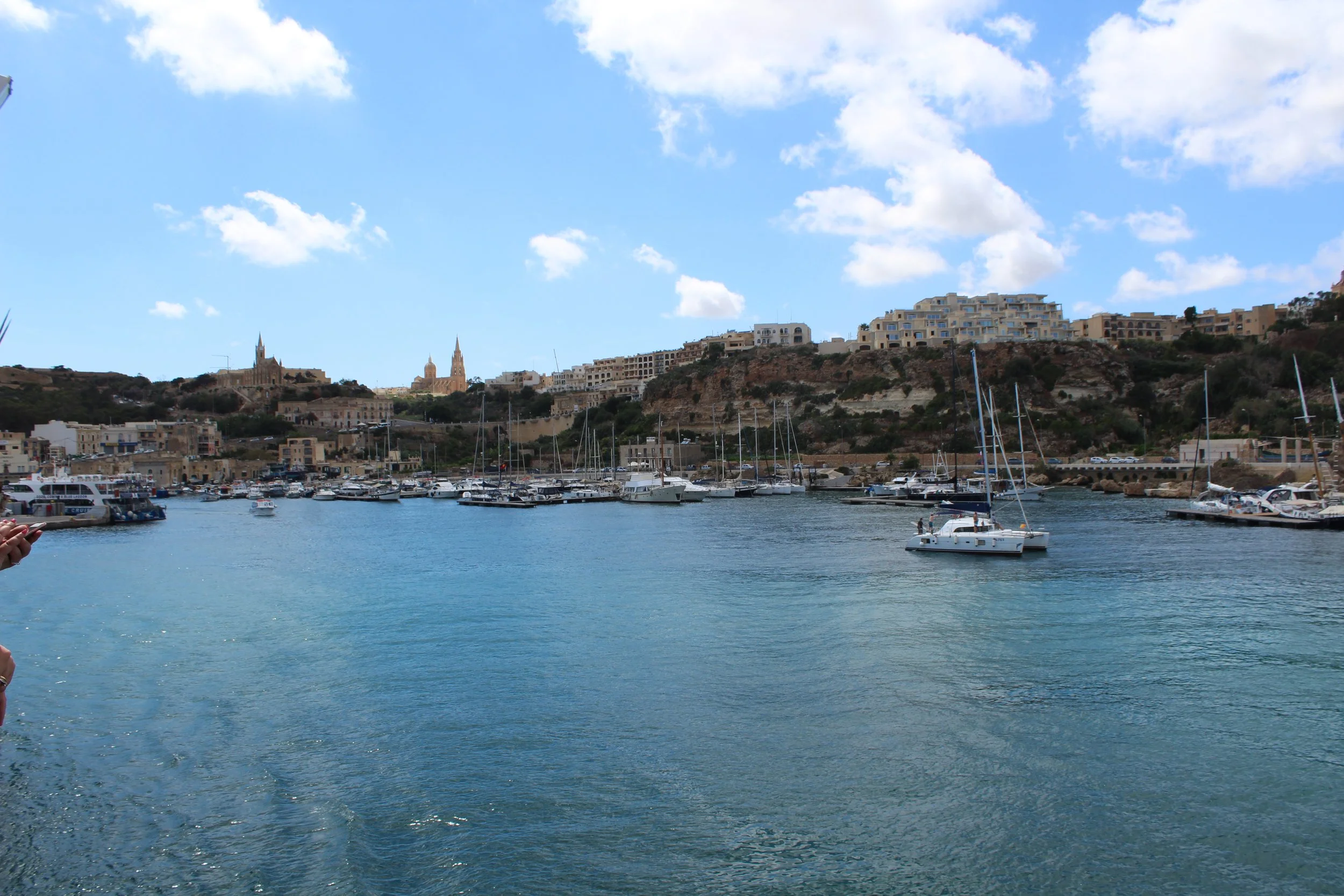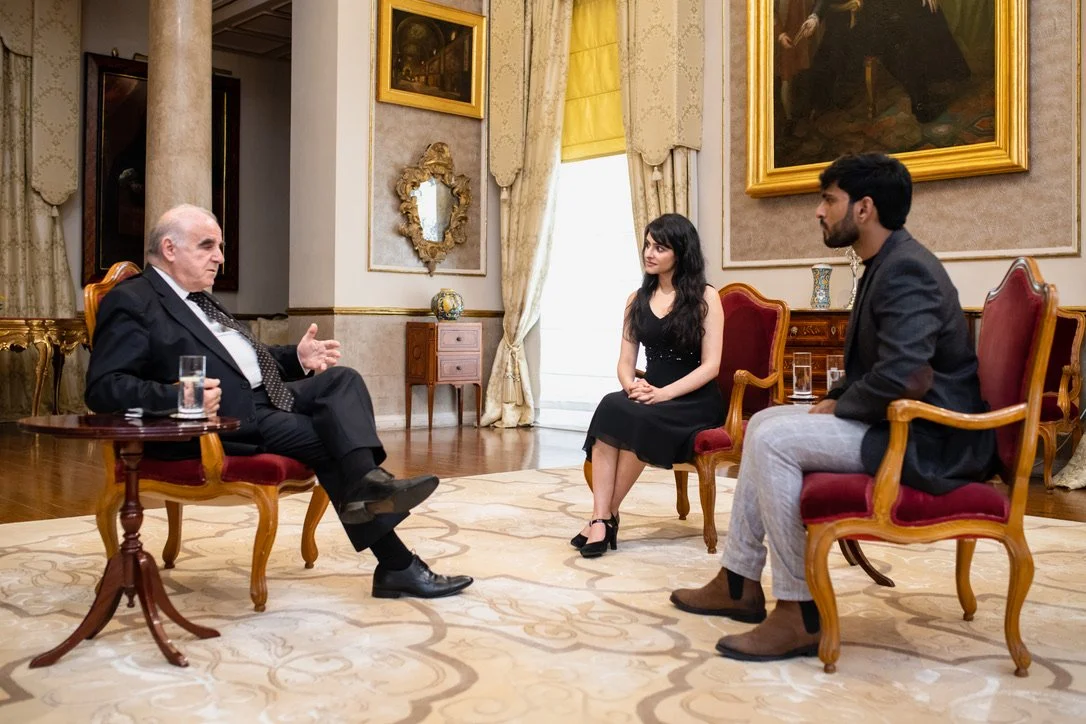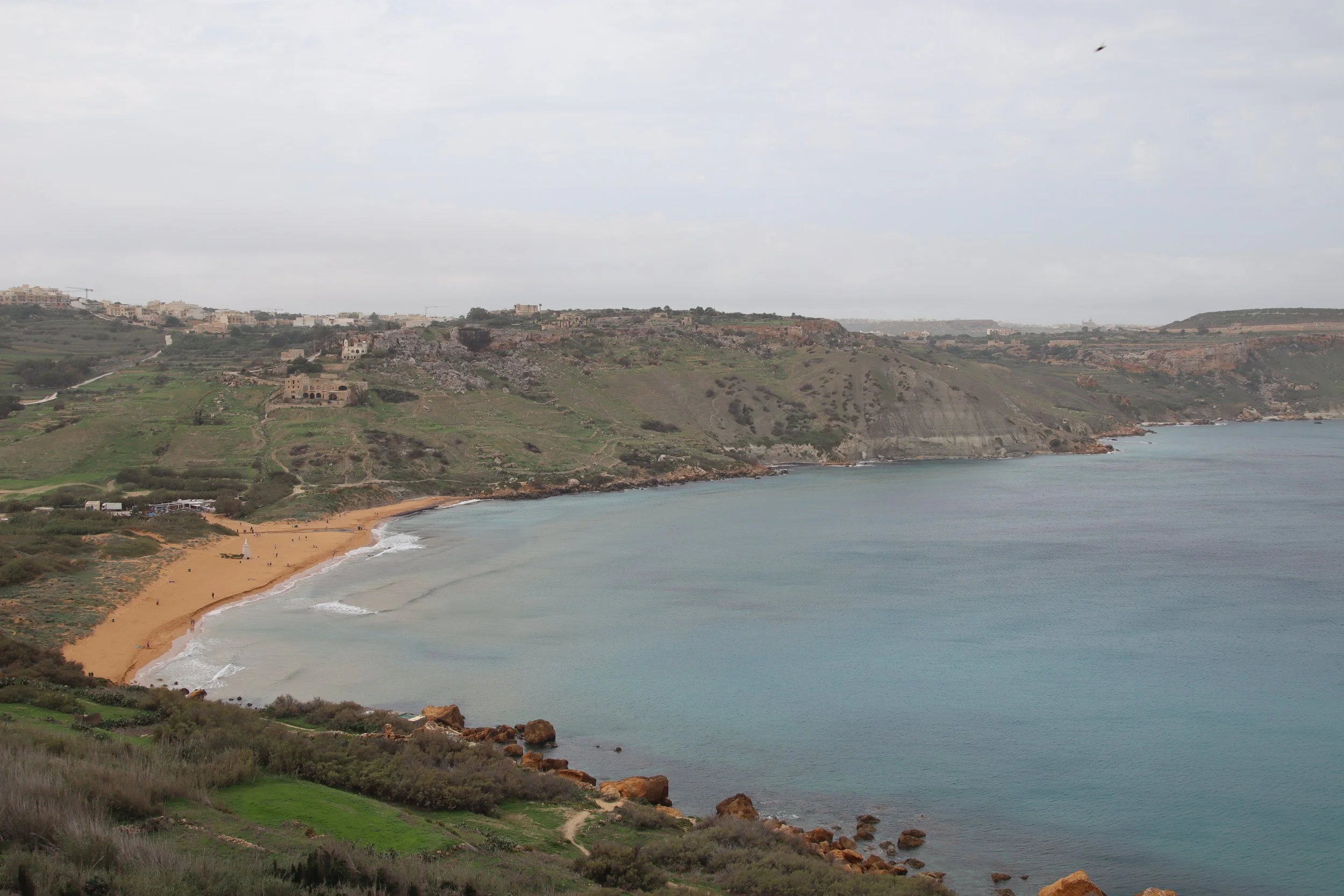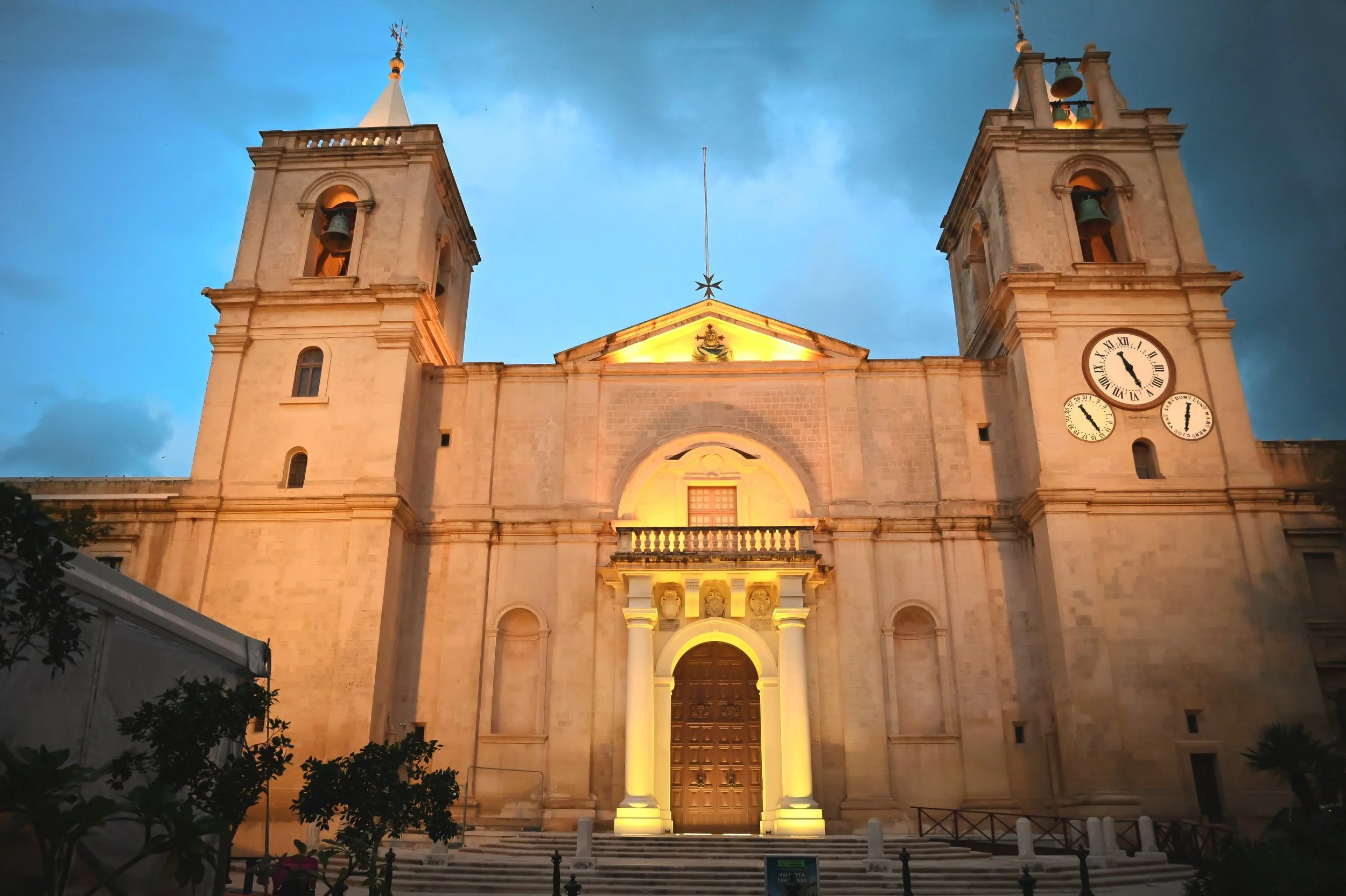
Malta’s Physician-President George Vella
As a physician, President George Vella of Malta was well-placed to understand the COVID-19 crisis that hit his country. He has more ideas for the future of his country — and tells you why you should still come visit Malta.
The morning we meet His Excellency George Vella is a classic Maltese summer day in the capital city of Valletta. The air is starting to heat up with humidity as tourists meander through the stunning central thoroughfare, lined with limestone edifices and decorative hangaways. The Knights of Malta, a Catholic lay religious order, had been based on the island since the early 16th century, their architectural style imprinted throughout the city. Many of the city’s tourists are headed for ferries to the nearby island of Gozo, home to many of the country’s aquatic sports and beach activities. We, on the other hand, take a taxi to San Anton Palace, which serves as the official residence and meeting place of the president while his Valletta Palace undergoes refurbishment.
San Anton Palace (Credit: Office of the President)
The president, when he strolls into the official receiving room, walks briskly and is effusive in his greeting. We’re masked due to COVID-19 safety protocols, but his personable affect belies his age — he’s nearly 80, and was born well before Malta transitioned from a British Colony into an independent country in 1964. The official Republic of Malta, formed in 1974, may be fairly new, but we are surrounded all around us with the immense history of the country. The Grand Masters of the Order of St. John had for centuries prior used the palace as a primary residence. Their portraits and various accoutrements adorn the walls and crannies of many of the palace’s rooms.
The president describes his serendipitous entry onto the political scene. In 1976, political parties were searching for general medical practitioners to run for office. Even from his early years in medicine, the President understood the large-scale impact medicine had on the lives of working-class Maltese:
“For seven years, I spent my time as a doctor for the Malta Drydocks, which had 5300 employees. I learned of worker’s conditions, down on the ground, with oil on their hands, boiler suits, and all the dangers [it entails].”
In 1978 a minister in the Labour Party announced Dr. Vella’s candidacy for a seat in the parliament. After winning, Dr. Vella worked his way up the ranks, but continued practising medicine until his eventual appointment as a minister in the government — a practice that would inform him 45 years later during the COVID-19 pandemic.
President George Vella with Journalists (Credit: Office of the President)
We ask the President how his medical training inflects his public policy, especially amidst the contemporaneous COVID-19 surge. During the early stages of the pandemic, he personally fielded questions about the virus from his former patients. And when the vaccines arrived, he readily accepted the vaccine when it became available and urged others to take it as well.
He notes that vaccine uptake in Malta is one of the highest in the European Union, and that vaccines will help keep the tourism-dependent economy of the country afloat. It’s moments like these where it’s clear the President is foremost a medical practitioner, and a politician afterwards. The president does not equivocate as he addresses anti-vaxxers:
“We can’t force you to take a vaccine — that’s your choice. But… [one] can control whether you can go to a restaurant or not, or whether you can go to a public office or not.”
It’s refreshing to hear. Whether it’s the forthright style of an older generation or a septuagenarian’s determination to drive his point home quickly, the President’s speech is unusually direct for a politician.
Maltese Beach (Credit: Office of the President)
We shift our discussion towards the migrant crisis that has battered the nation for years. Situated between North Africa and Italy, Malta has received a disproportionate number of migrants from both Africa and the Middle East. The President expresses that his nation, with around half-a-million people and 122 square miles of land, simply cannot create enough jobs or land space to house these migrants: “We’re being unjustly criticised for not giving these migrants the best conditions.”
Vella repeatedly hones in on multilateralism as a potent tool to exert the small island’s influence on global affairs. “Let us work out a formula where we can redistribute the migrants throughout Europe… The issue is there are countries in the EU who simply refuse to get involved.” Countries at the front-line of the refugee crisis continue to bear the brunt of the influx, and Vella recognizes the European Union continues to drag their feet on the issue, even as it explodes in its most recent iteration along the Belarussian-Polish border.
Vella has the impressive ability to tell multiple truths, a trait that has all but disappeared in an age of out-of-context sound bytes and manipulated media. When speaking of the issue of migration, he is precise in his diagnosis of the problem — even if it’s uncomfortable for some to hear — and is profoundly solution-oriented. He makes a distinction between the continuous flow of economic migrants from Subsaharan Africa, versus the often well-educated Syrian refugees who have largely stopped entering Europe. He argues that Europe should indeed provide opportunities for African migrants, but should facilitate a pathway of ‘circular migration,’ whereby migrants are given the educational and financial tools to return to their home country.
“We should open legal pathways for young people from Africa to come to Europe to come here, learn more, save some money, and go back to put it back into the economy of their country. We don’t want to brain drain their country… If they go back in what I call this circular migration… this is something that has to be thought [of] deeply.”
St. John’s Co-Cathedral (Credit: Office of the President)
Vella is a profoundly humble man. During the span of our nearly one-hour conversation, he cites computer models predicting Mediterranean Sea level change, developments in the North African political sphere, and COVID-19 vaccine efficacy data. When asked about future economic diversification for the island, Vella rattled off several financial sector service regulations before emphasising the economy was under the jurisdiction of the legislature.
“I’m not that qualified to talk about economic matters, but what I have to say is… I don’t think we can move away from tourism… God gave us a gift. There’s history. There’s culture.”
And culture there is.
When visiting Malta, we stopped by St. John’s Co-Cathedral, a 16th century cathedral in the heart of the capital. Built in the late 16th century by the Knights Hospitaller, the cathedral stands testament to the endurance of the religious order which survived the colonial period. This particular cathedral draws large numbers of visitors from around the world, estimated to be close to the population of Malta itself. One absolutely must see this gem in the Mediterranean.
And given the country is fairly small, you may run into Dr. George Vella, physician and president. A president who cares deeply about his people, knows how to keep you safe during a pandemic, and wants you to visit Malta.




